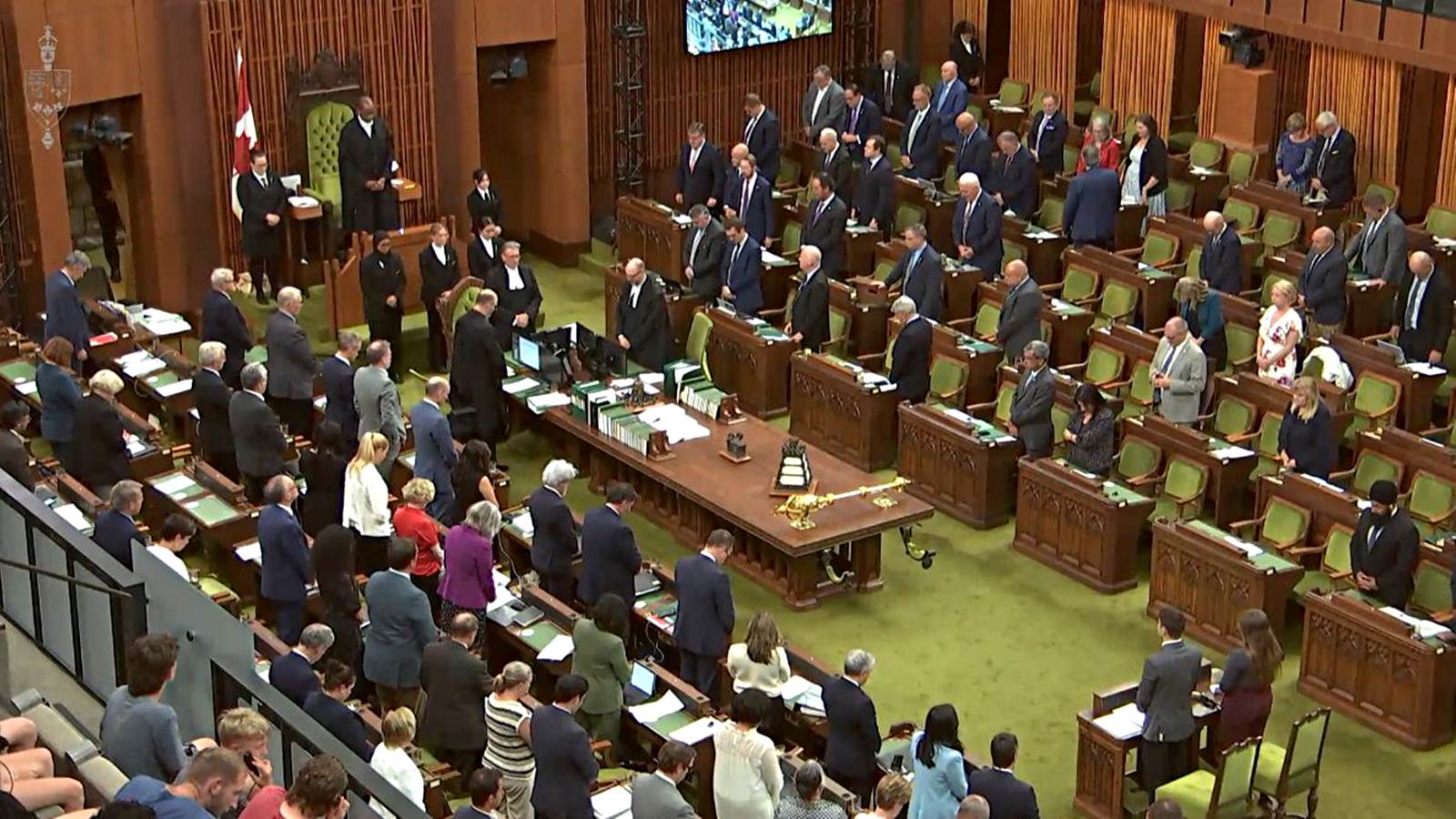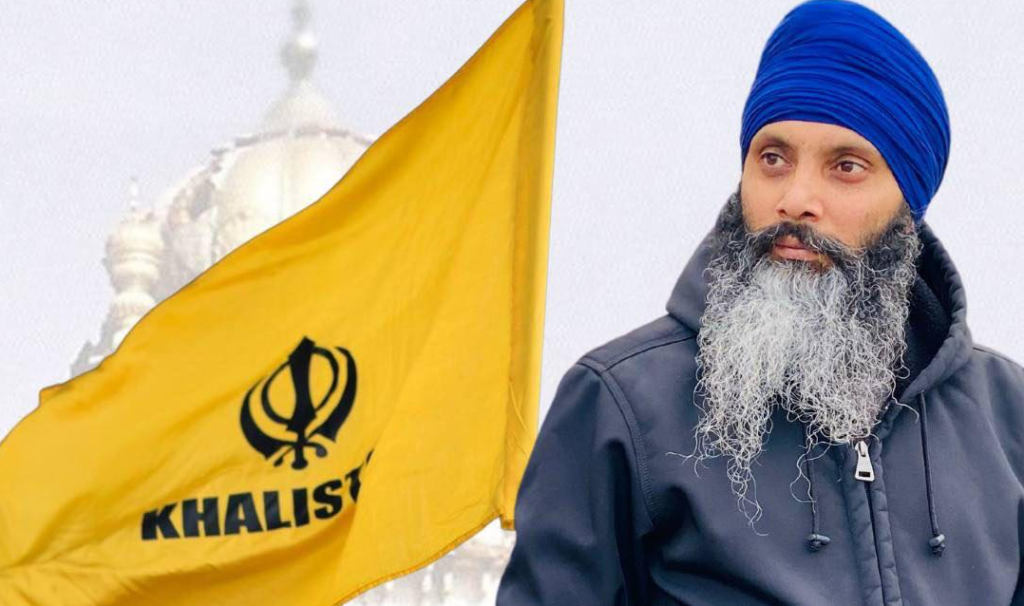Since Canadian Prime Minister Justin Trudeau revealed in September of last year that investigations were being conducted into the purported involvement of Indian government operatives in the Nijjar case, the two countries’ relationship has collapsed.
On June 18, of last year, the extremist Sikh leader—who had been labelled a terrorist by India’s National Investigation Agency—was shot and killed outside a gurdwara in Surrey, British Columbia.Even though Canadian police have detained four Indian citizens in relation to the murders, New Delhi has been putting pressure on Ottawa to provide hard proof of a “Indian hand” in the crime.

Source: The Indian Express
India’s Consulate General in Vancouver responded sharply to the anniversary of Nijjar’s death, recalling the June 23, 1985, Kanishka bombing and declaring that India was leading the fight against terrorism and closely collaborating with allies to address this worldwide threat.
The message to Canada was very clear: don’t provide pro-Khalistan groups with a forum on which to attack India. Following his recent meeting in Italy with Prime Minister Narendra Modi, Trudeau stated that the two countries were “aligning” on a number of “big issues” and he saw this as a chance to work with the new Indian government. This was regarded as a major advancement.
Source: India Today
The Canadian prime minister, however, has regressed two steps by allowing domestic political issues to sour his nation’s ties with a former partner. The Canadian government is taking a risk by pursuing this approach. The persistent conciliation of radicals will not only cause irreversible harm to Canada-India relations but also cast doubt on the Maple Country’s resolve to combat extremism and terrorism.
What do you think about this? Comment below.

